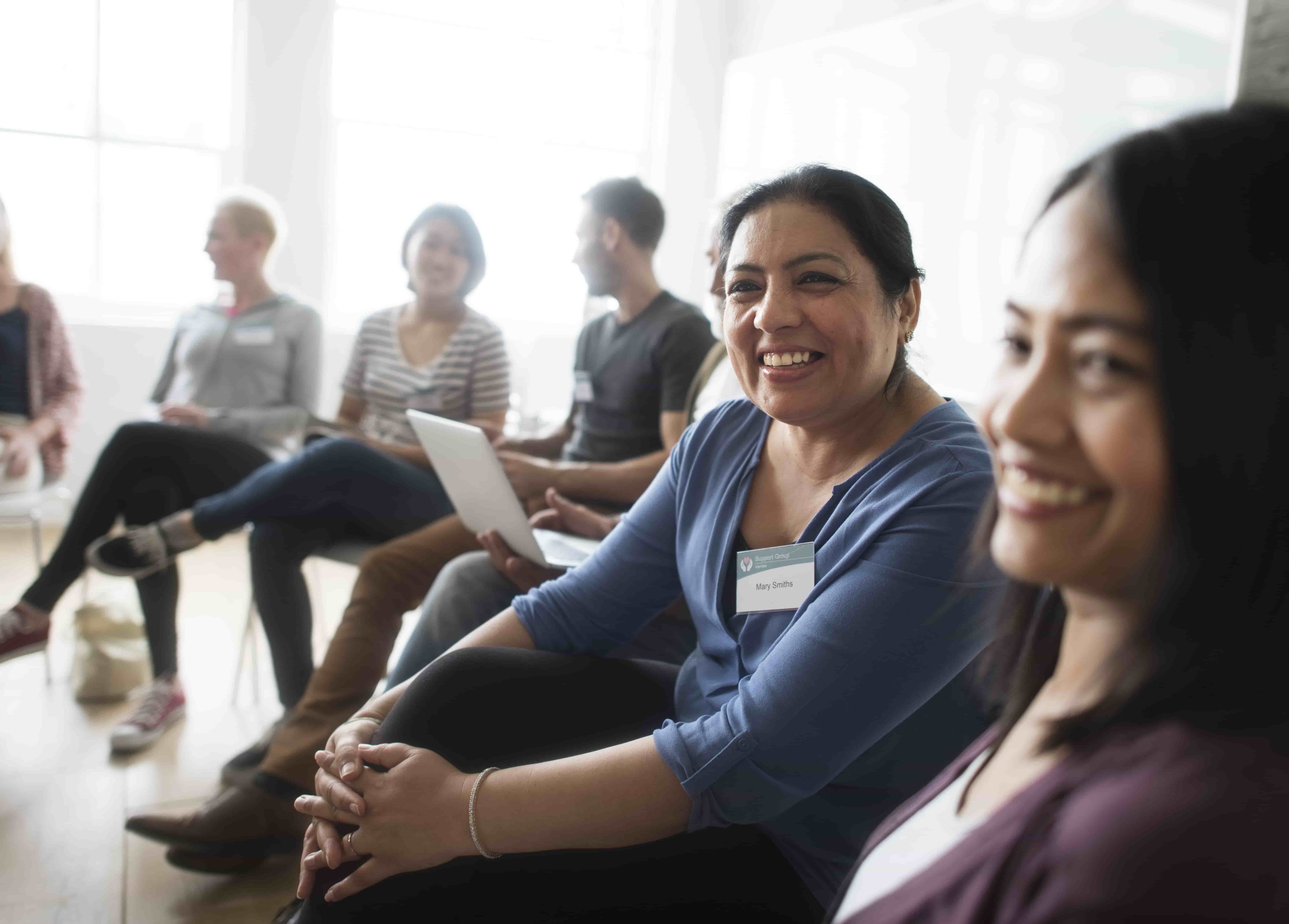Quarterly Victim Advocate Training
Quarterly 35-hour training (two weekends) led by PRCS staff and supported by a variety of guest speakers. Applicants must have a reliable vehicle and phone. Background check required.
Training topics covered include:
- Breakdown of sexual violence, myths, facts, and stats
- Crisis Intervention/Role Playing
- Suicide Prevention
- Domestic Violence
- PTSD/Rape Trauma Syndrome



